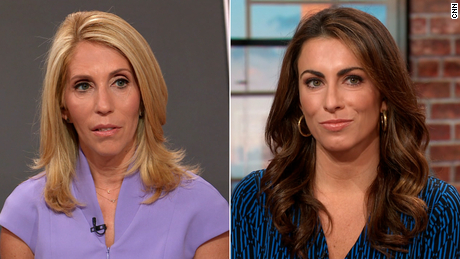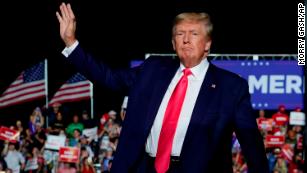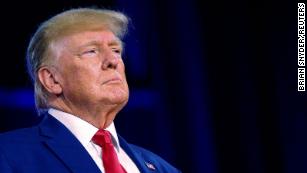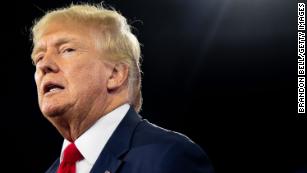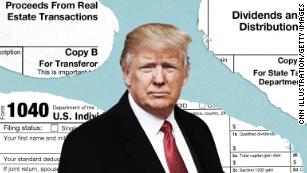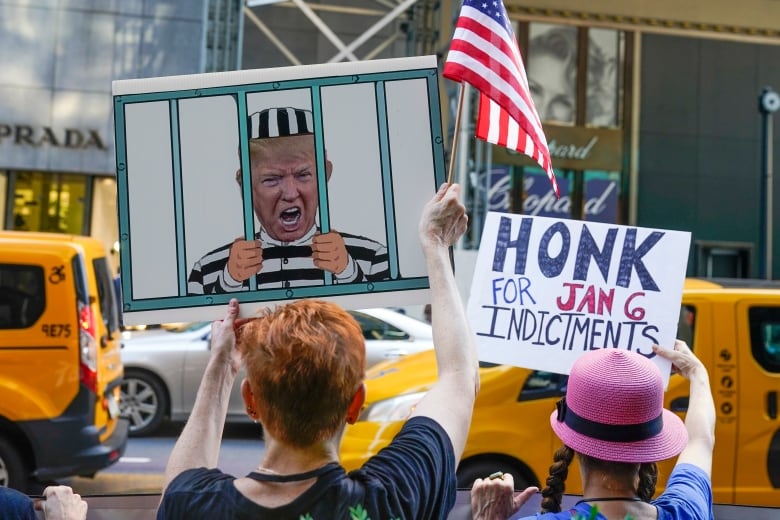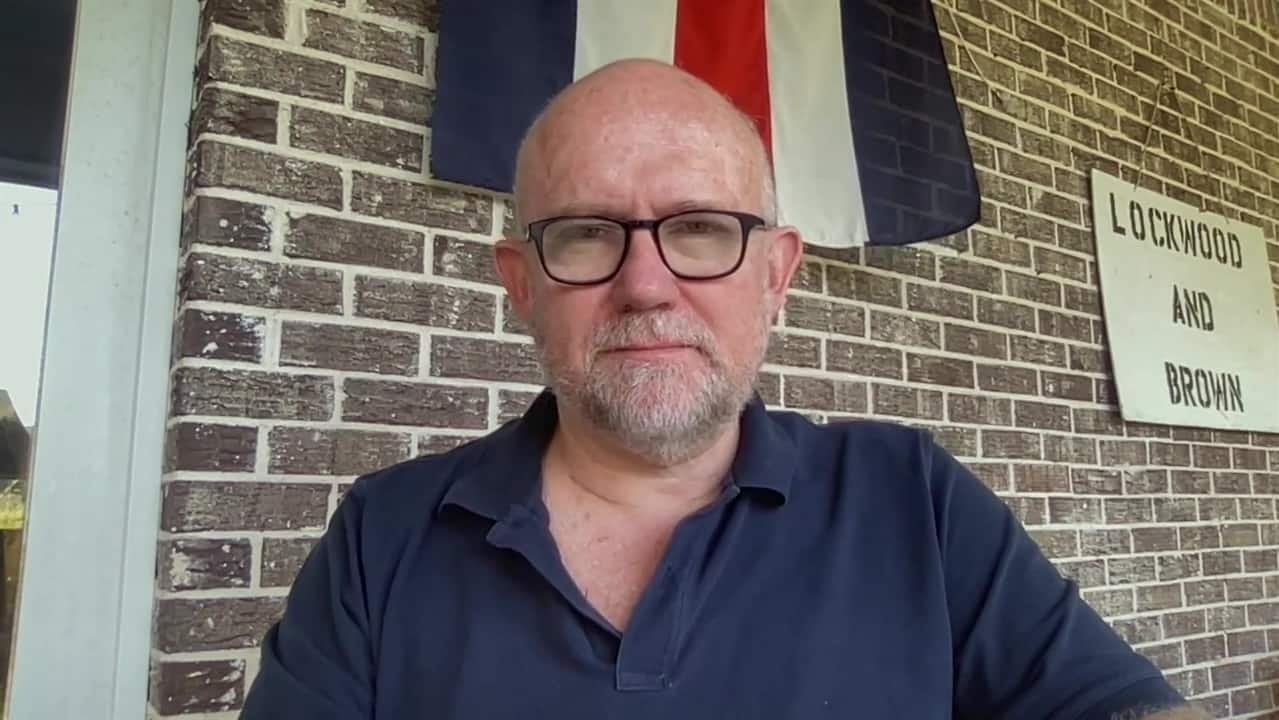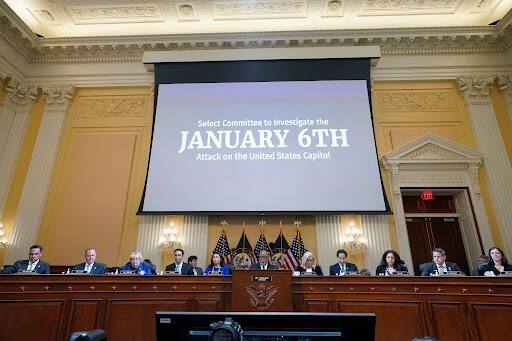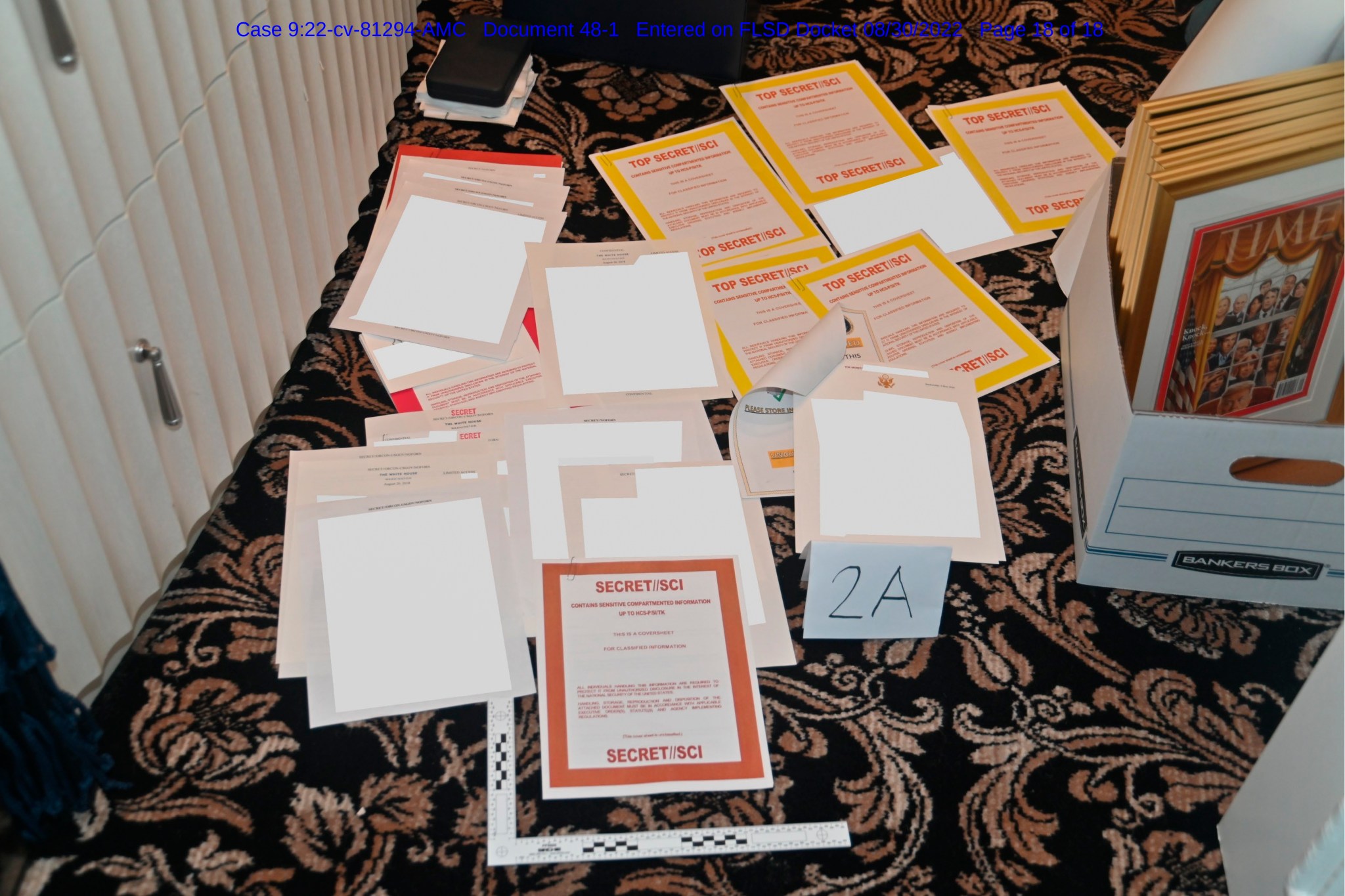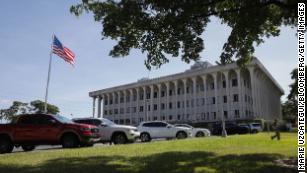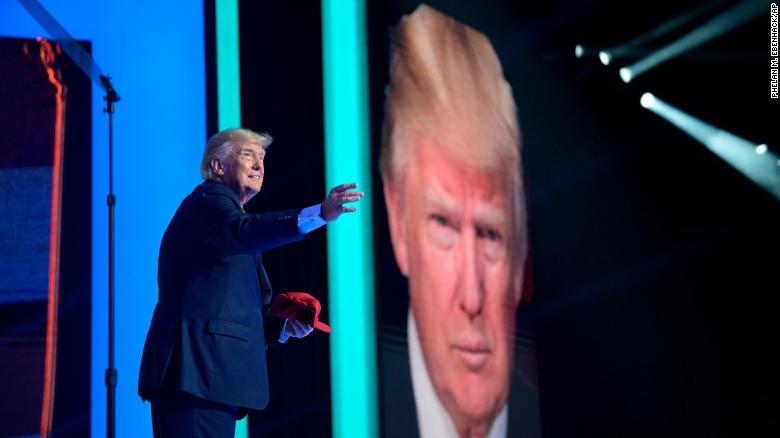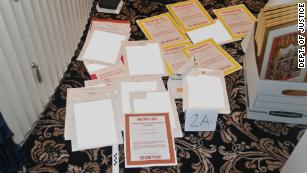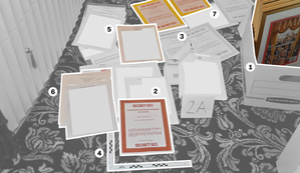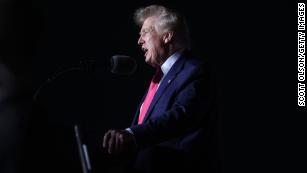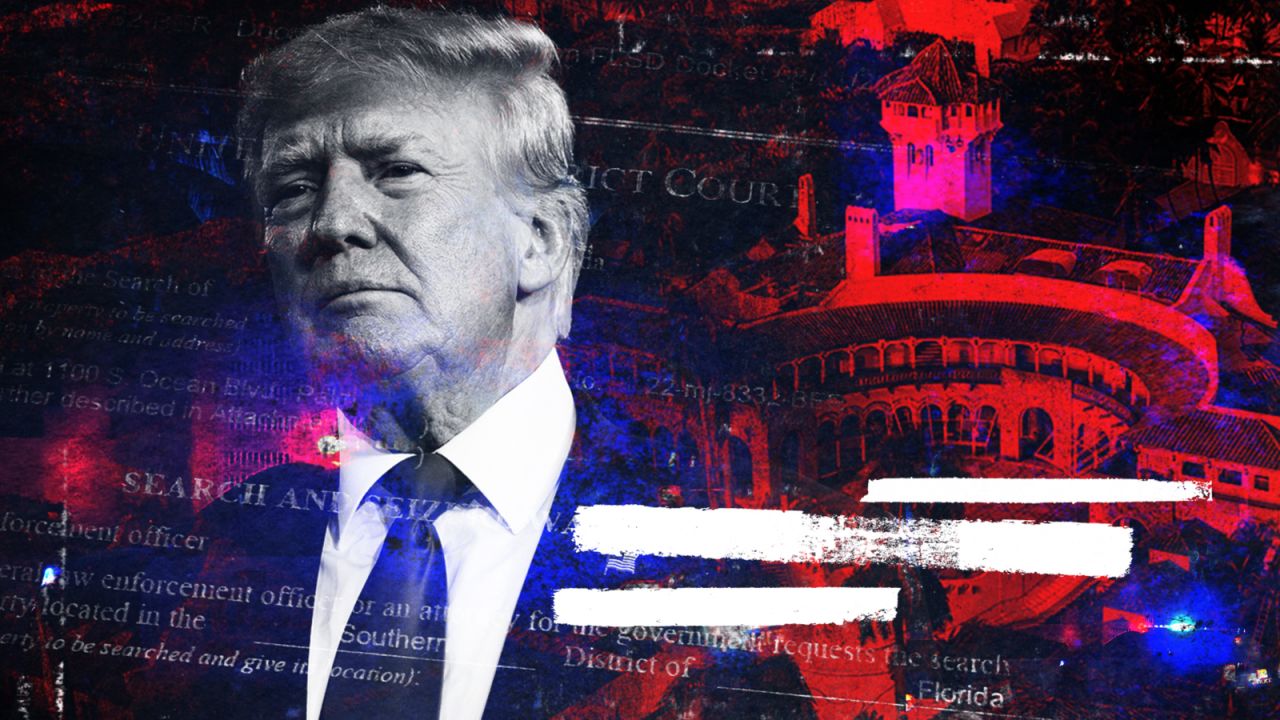Here's what's next for Trump after the FBI searched Mar-a-Lago
(CNN)The FBI search of former President Donald Trump's residence in Florida on Monday signaled an extraordinary escalation of an investigation into the handling of certain documents from his presidency and raises questions about whether his legal exposure extends beyond whether he improperly took government records when he left the White House.
What would it have taken for the DOJ to have obtained the search warrant?
What does this mean for Trump's legal exposure?
Why now?
